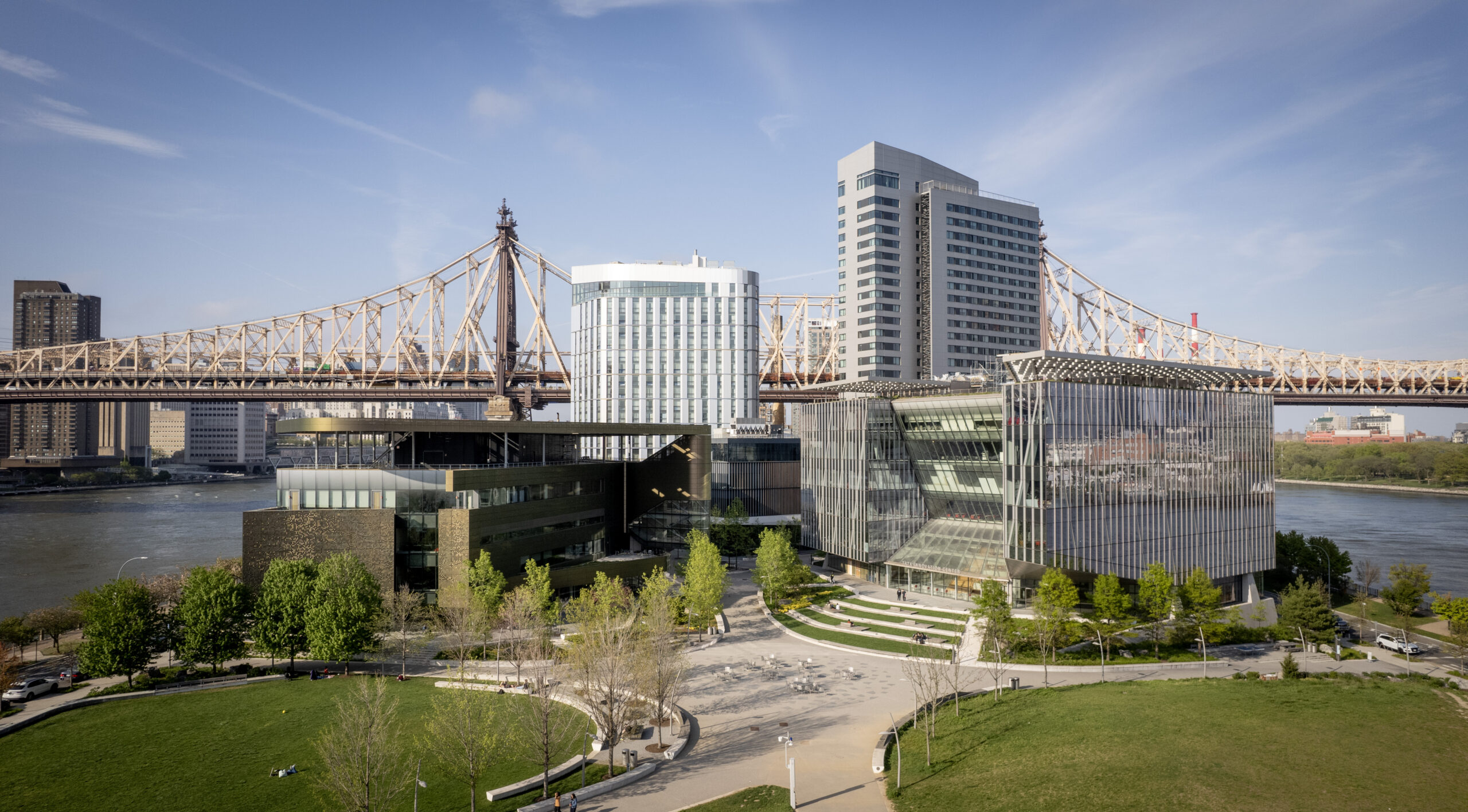- Academics
- Master's Programs
- Overview
- Jacobs Technion-Cornell Dual MS Degrees – Connective Media Concentration
- Jacobs Technion-Cornell Dual MS Degrees – Health Tech Concentration
- Jacobs Technion-Cornell Dual MS Degrees – Urban Tech Concentration
- Johnson Cornell Tech MBA
- Master of Engineering in Computer Science
- Master of Engineering in Electrical and Computer Engineering
- Master of Engineering in Operations Research and Information Engineering
- Master of Laws (LLM) in Law, Technology, and Entrepreneurship
- PHD & Post Doctoral Programs
- Studio
- Master's Programs
- Admissions
- Impact
- Research
- People
- Campus
- Jacobs Institute
CONNECT WITH US
2 West Loop Road, New York, NY 10044
